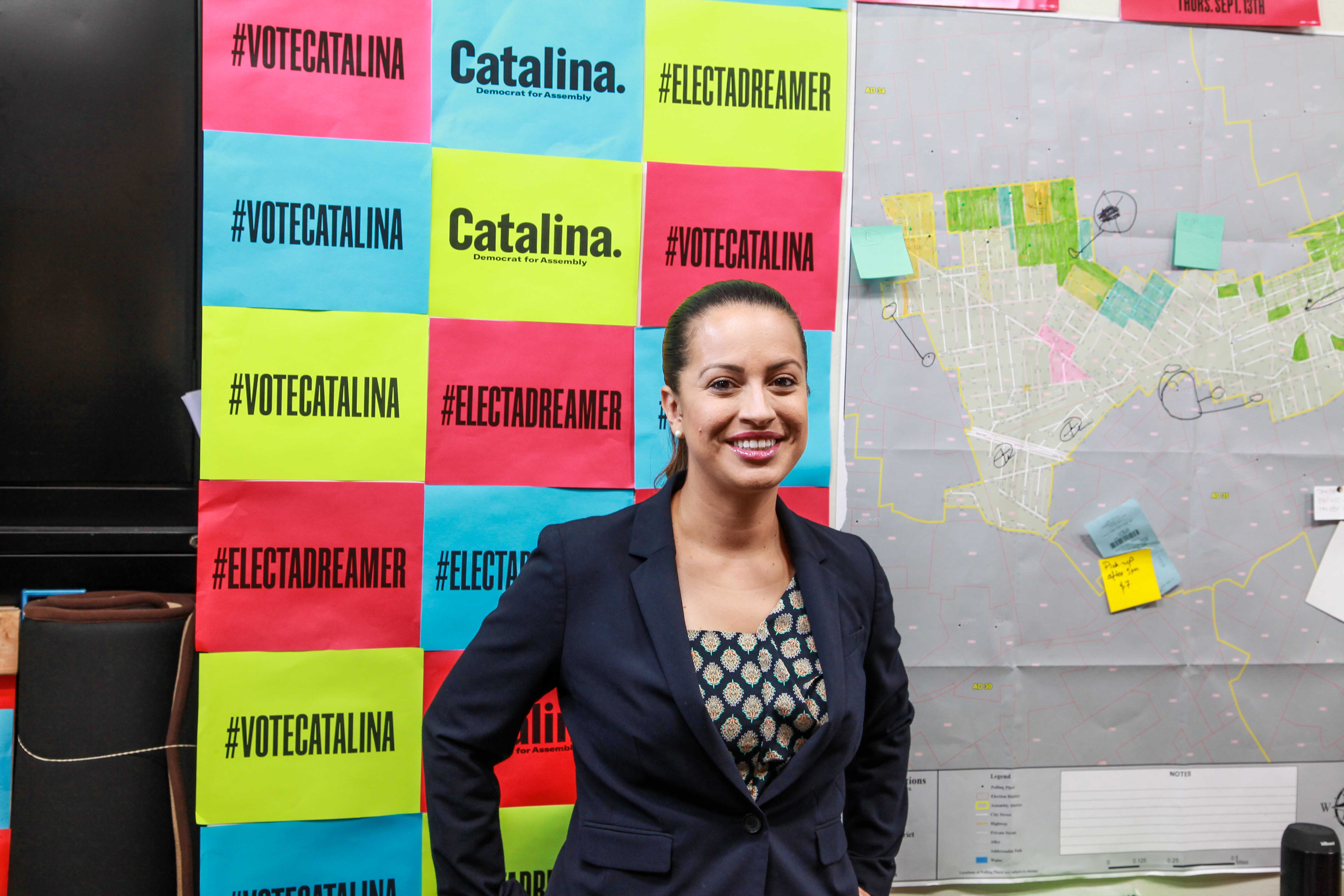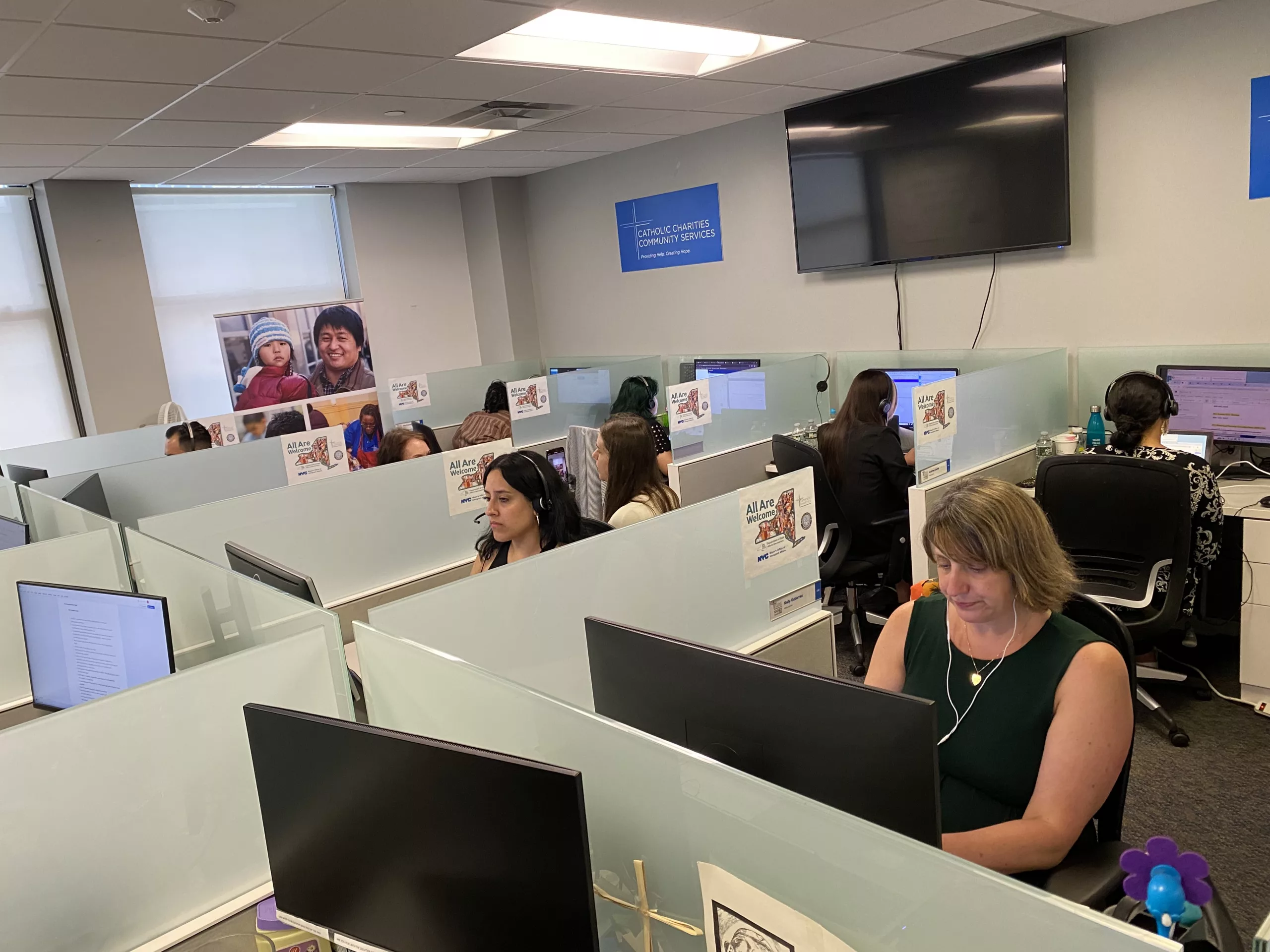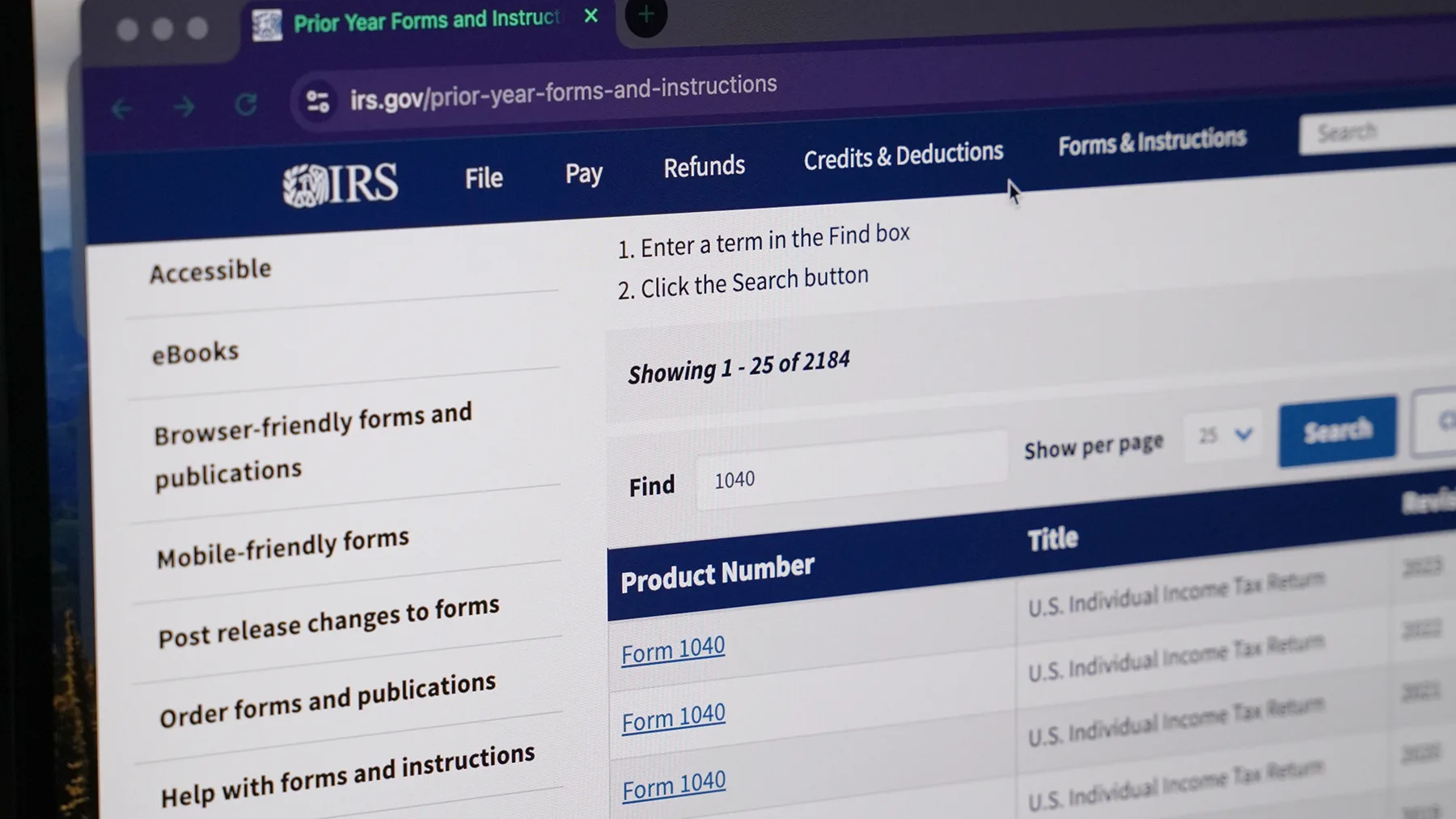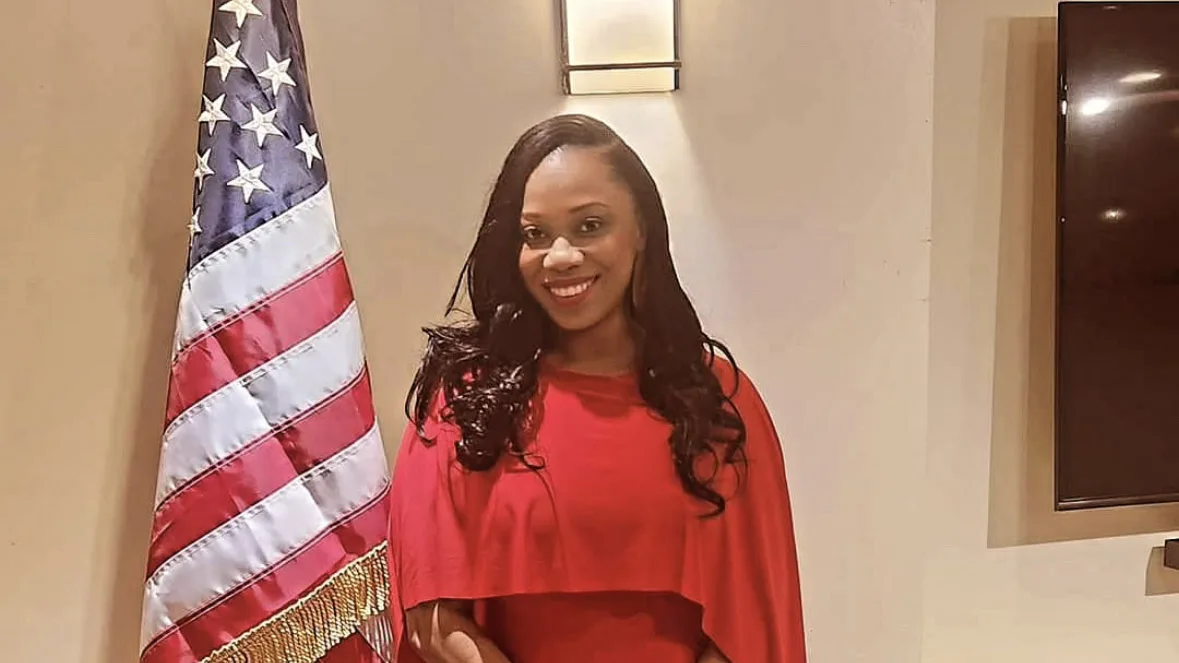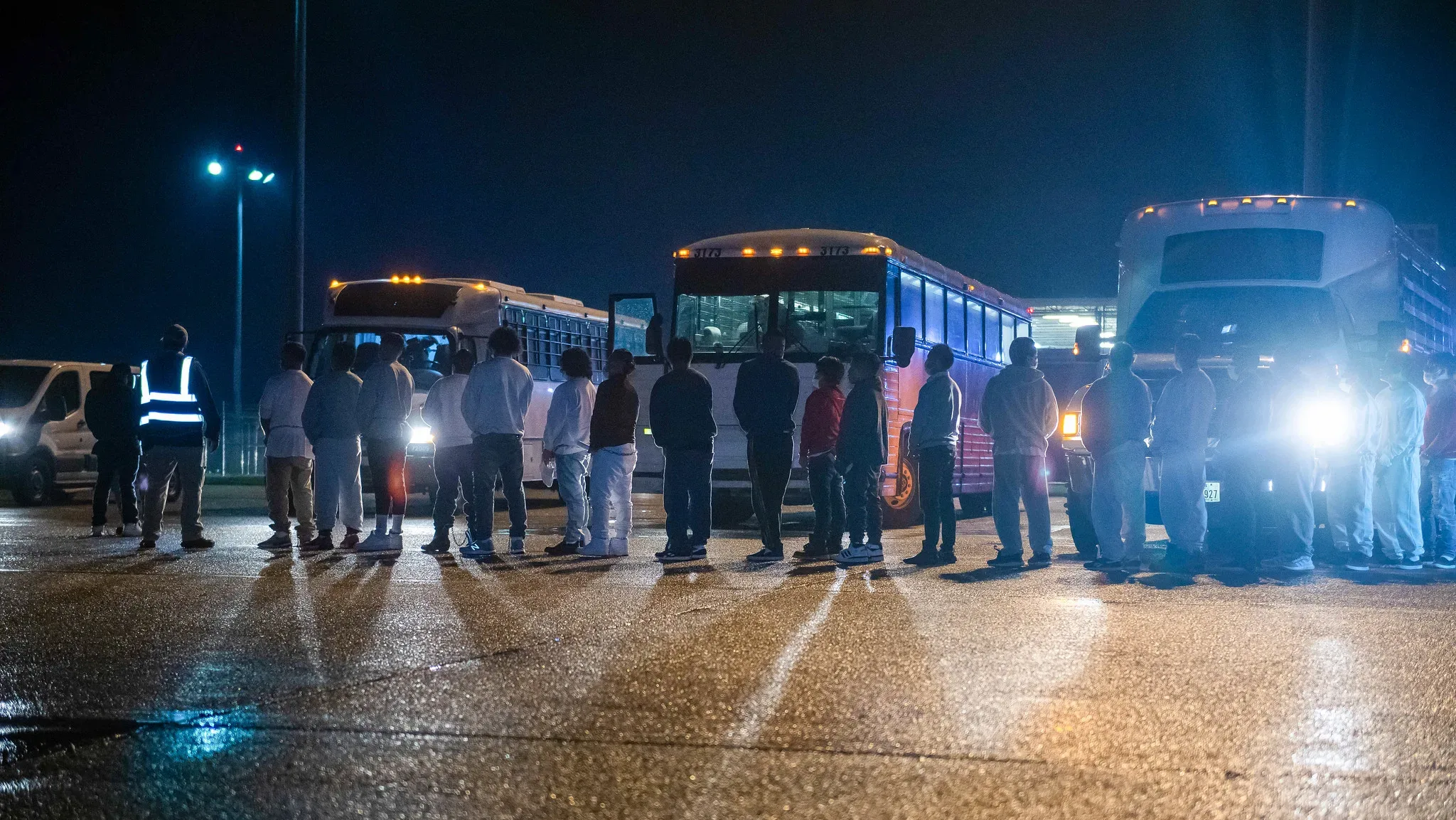At 6 a.m. sharp every day, Jesús López springs to life with the piercing sounds of his cell phone alarm clock.
By 7 a.m., he’s walking along the Bronx’s Grand Concourse to the 167th St. subway stop to make his 8 a.m. shift waiting tables at a Cuban restaurant in Midtown Manhattan. Seven hours later, López clocks out and rushes to school to begin his evening as a student at CUNY John Jay College. If he’s lucky, he’ll be home by 10 p.m. and in bed by 11. The next day begins the same routine.
“It’s exhausting,” López, 22, told Documented. “But I’m doing what I have to do to survive.”
López is a Dreamer, one of the nearly 700,000 undocumented immigrants brought to the U.S. as minors who won protections under an Obama-era program, known as the Deferred Action for Childhood Arrivals or DACA. It did not provide Dreamers with formal legal status, but it granted them work permits and protected them against deportation. President Donald Trump rescinded the program in September 2017, a decision since rejected by federal courts in New York, California and the District of Columbia. The U.S. Supreme Court may determine the program’s fate.
While the federal program remains in limbo, New York’s program has not stepped in to fill the void. As a DACA recipient, López is ineligible to receive state financial aid, a direct consequence of Albany’s failure to pass the New York State Dream Act. That leaves New York Dreamers like López scrambling to pay rent and college tuition while their status remains in question.
The New York act would cost the state less than $20 million per year and allow some undocumented students to access state financial aid and scholarships for higher education through the state’s Tuition Assistance Program and open accounts in its 529 college savings program. It would also allow the raising of private funds for scholarship programs for college-bound children of immigrant parents.
“The failure to pass the Dream Act is a clear example of how the parties have failed Dreamers,” said Catalina Cruz, a Democratic State Assembly candidate running as an anti-establishment outsider in the September 13 primary in District 39, which covers parts of the Jackson Heights, Corona and Elmhurst neighborhoods in Queens.
“You have Upstate areas that are Republican-controlled that want to benefit from the fruit of our labor but don’t want to give back to the folks who have helped them thrive…and you have Democrats downstate who want to be allies but don’t want to go to bat and to go to war for us.”
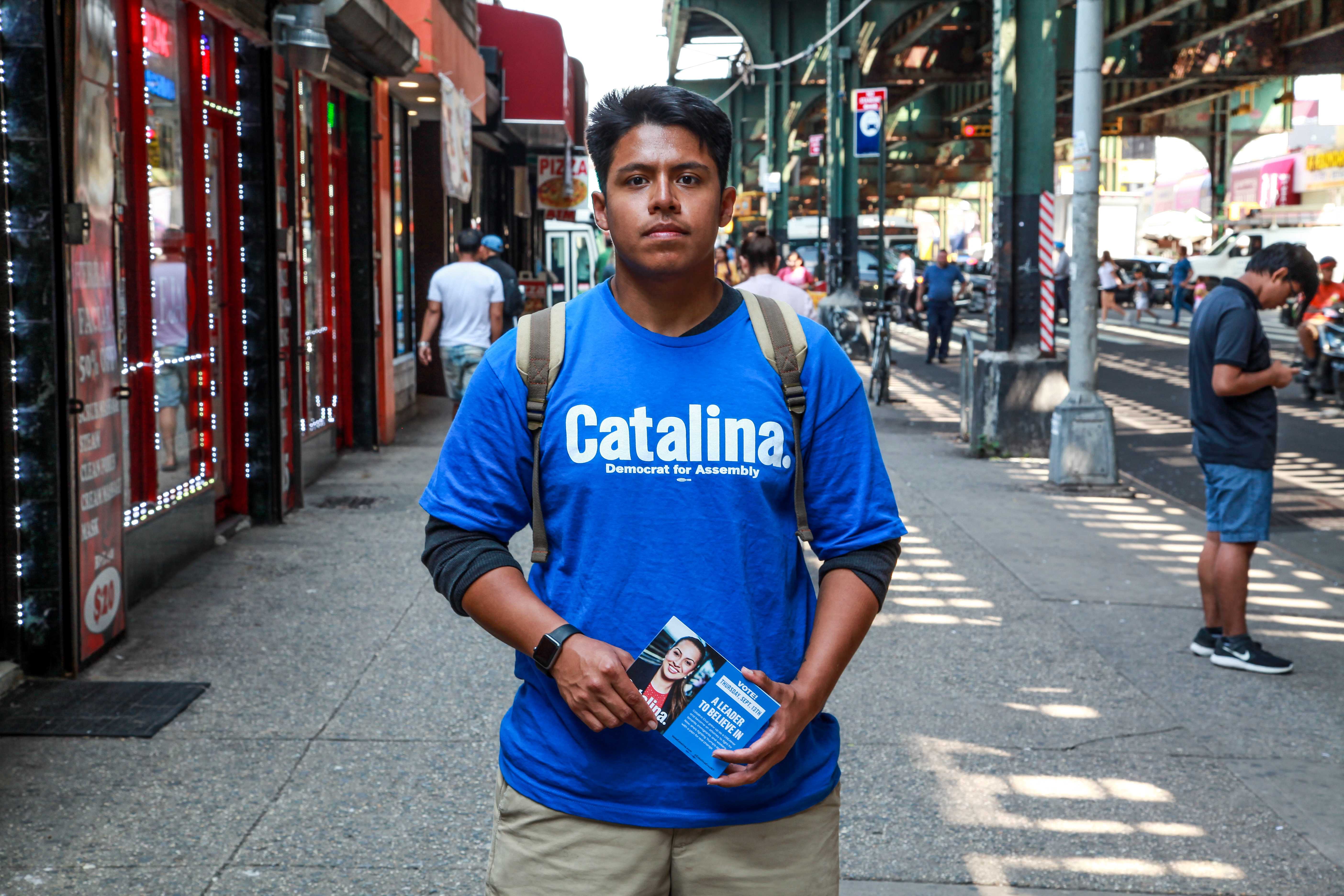
Female Progressives Lead Calls for DREAM Act
From a makeshift field office just above a Starbucks in Jackson Heights, Cruz is hoping to become the next progressive insurgent to shock the New York political establishment. Above stacks of campaign literature in English, Spanish and Bengali – the district’s most commonly spoken languages – are posters with the campaign’s ubiquitous hashtag: ElectADreamer.
Like López, Cruz still considers herself a Dreamer. Her single mother, Rosa Agudelo, brought her to New York from Medellín in Colombia when she was nine years old. For 13 years, through high school and college, she was undocumented. To pay for college in the pre-DACA era, Cruz says she worked odd jobs “off the books.”
“I lived with the anguish of not knowing what I was going to do with my degree once I got it, because I still had no papers,” Cruz, who also attended CUNY John Jay College, told Documented.
At 22, she received her Green Card, a fortuitous development she attributes to “sheer luck.” She enrolled in CUNY Law School, now able to access federal loans and scholarships that were previously off-limits. After CUNY, “I began this lifelong journey of looking for more opportunities to give back,” says Cruz. “To use my newfound privilege…to help others.”
Over the last decade Cruz has worked within city and state government—including a stint in 2015 as director of Governor Andrew Cuomo’s Exploited Workers Task Force, an initiative to oversee enforcement of labor laws in low-wage industries.
The impetus for her candidacy, she says, is the current polarized political environment, where no-tolerance immigration policies directed from Washington are upending the lives of constituents in heavily-immigrant communities like Jackson Heights. If elected in the September 13 primary, Cruz would be the first Dreamer ever elected to statewide office in New York state history and only the third nationally. “No pressure, right?” Cruz quips.
Her historical candidacy has propelled her to the forefront of a group of progressive female candidates in this month’s state Democratic primary—including State Senate candidate Julia Salazar and gubernatorial candidate Cynthia Nixon—who have made passage of the DREAM Act central to their platforms.
On the campaign trail, these candidates—who all have refused corporate donations—have said that they see the DREAM Act as an issue of social justice in line with their broader immigration reforms, which include green-lighting legislation that would abolish the presence of U.S. Immigrations and Customs Enforcement, or ICE, in New York state.
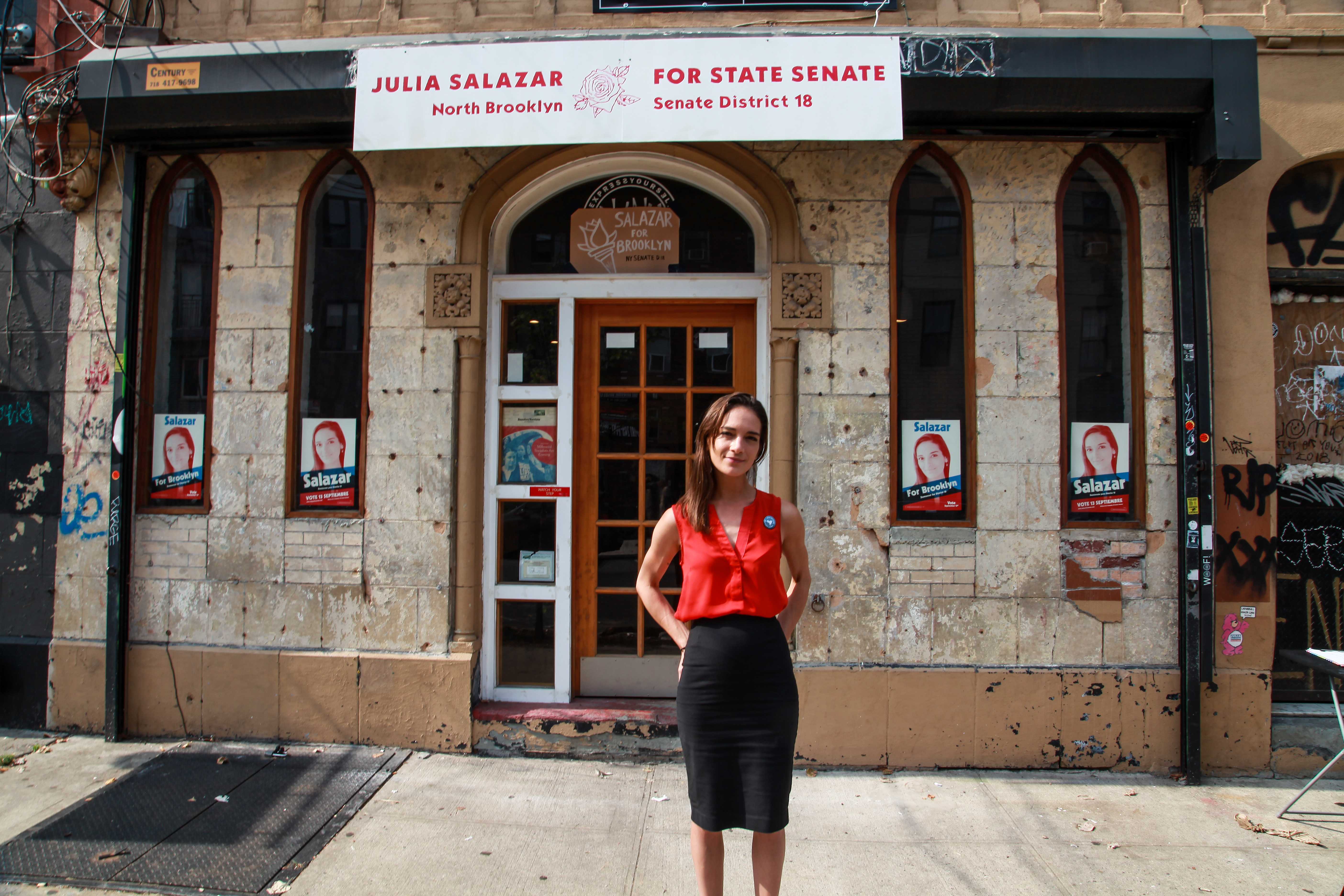
DREAM Act Passage Remains Uncertain
Whether this crop of progressives can actually push the state legislature to pass legislation like the DREAM Act remains to be seen, says James Coleman Battista, a political science professor at the University of Buffalo and an expert on New York politics.
While the Democrats now control the state Senate, some party members continue to caucus with the Republicans. Cuomo himself had encouraged the now-disbanded Independent Democratic Conference (IDC), a group of eight who often sided with Republicans. Nixon blames Cuomo’s ties to the IDC for the Senate’s failure to pass the DREAM act. The governor “encouraged the creation of the IDC and, at a minimum, he did nothing to discourage them until Cynthia got in the race,” Nixon campaign spokeswoman Lauren Hitt told Documented in a statement.
According to the New York State Leadership Council, a New York City-based non-profit, of the estimated 3,500 undocumented students who graduate high school every year in New York, only 5-10 percent of them pursue a college degree because they can’t afford the tuition.
“Absolutely everyone struggles to pay tuition every semester,” said Ismary Calderón, co-president of CUNY Dreamers, a citywide group with chapters on many of New York City’s public university campuses dedicated to advocating for the rights of the more than 6,000 undocumented students in the CUNY system. “Plenty of people take on full-time jobs apart from school and still have to skip meals at parts of the semester just to make ends meet.”
State Senate Republicans have maintained that passing the DREAM Act would be a slap in the face to middle-class New Yorkers who increasingly struggle to pay for college at a time of continuously rising tuition rates.
“Our position hasn’t changed,” said Scott Reif, a spokesman for Senate Republicans, in a statement. “We don’t support giving free college tuition to people who are here illegally while middle-class New Yorkers scrimp and save, take out massive college loans and work two jobs in the hopes they can afford to send their own kids to college.”
Salazar Pushes Tenant Rights
In Salazar’s campaign office, a former café in rapidly gentrifying Bushwick, there are few, if any, DREAM Act posters or placards. Salazar herself is most comfortable speaking about housing inequality and tenant rights, two areas where she says her opponent Marten Dilan, a 16-year Democratic incumbent, has failed the District. As a senate candidate running to represent District 18—which includes large swaths of Greenpoint and Bushwick, two historically working-class neighborhoods where rents have skyrocketed over the last decade—it’s where she has distinguished herself from Dilan.
The DREAM Act, Salazar says, should be part of a wider debate on bringing back a tuition-free CUNY “that includes access for people, regardless of immigration status.” Where Cruz is pragmatic in her language toward party rivals, refusing to publicly criticize her former boss Cuomo for instance, Salazar is critical of the Democratic leadership in Albany. She classifies Cuomo’s heavily publicized Excelsior plan, introduced last year to offer free tuition to New York’s public colleges and universities, as a measure never “intended to actually be a tuition-free plan.”
“The Excelsior plan is woefully inadequate,” said Salazar, maintaining that less than 10 percent of students in New York State qualify for the onerous demands of the plan, which covers $5,500 of the average $6,400 annual cost of a public university education in New York. She says the plan was an attempt by Cuomo to present himself as a progressive Democrat, while his policies have not proven so. “[As Senator], in the next budget, we will be making more maximal demands rejecting the austerity that has prevented a lot of progressive policy goals [like the DREAM Act] from being achieved,” says Salazar.
When Salazar announced her run in April, she was a virtual unknown in New York state politics. That all changed the day after the June 26 congressional primary, when fellow Democratic Socialist Alexandria Ocasio-Cortez ousted Joseph Crowley, the third most powerful Democrat in the House and a symbol of the Queens Democratic Party machine. Ocasio-Cortez’s ascent brought national attention to Salazar’s race but also to her personal life, which has some inconsistencies.
Salazar presented herself to voters for months as an immigrant from Colombia who grew up in a working-class family in Miami. But press reports revealed that she was actually born in Miami and allegedly lived a comfortable middle-class life there, though a City & State report did confirm that Julia’s family moved in and out of the middle class after her parents divorced. Dilan, her opponent, has highlighted her past support for anti-abortion politics in her early years at Columbia University. Moreover, conservative and some Jewish publications have called her Sephardic Jewish roots into question. Right-wing actors who resist her politics, she says, have coordinated the attacks.
“I think it is coordinated, it’s intentional,” said Salazar. “For me to have to spend energy talking about these things, answering for my identity, for experiencing a political evolution in college; it’s intentional and hurtful.”
Like Ocasio-Cortez, another progressive woman of color, she has been placed under the microscope. That treatment, supporters say, would not be the same for a white male candidate.
Cruz, Nixon and Ocasio-Cortez have all maintained their support for Salazar, who at 27 could become one of the youngest elected officials in Albany. For years, Albany’s politics have been dictated by three men—the governor, speaker of the assembly and senate majority leader—but now progressive women are pushing to get a seat at the table, said Cruz.
“When I announced, I had people tell me I was running a unicorn campaign,” said Cruz, laughing. “When Alexandria [Ocasio-Cortez] won, I told a friend, it’s unicorn season.”
